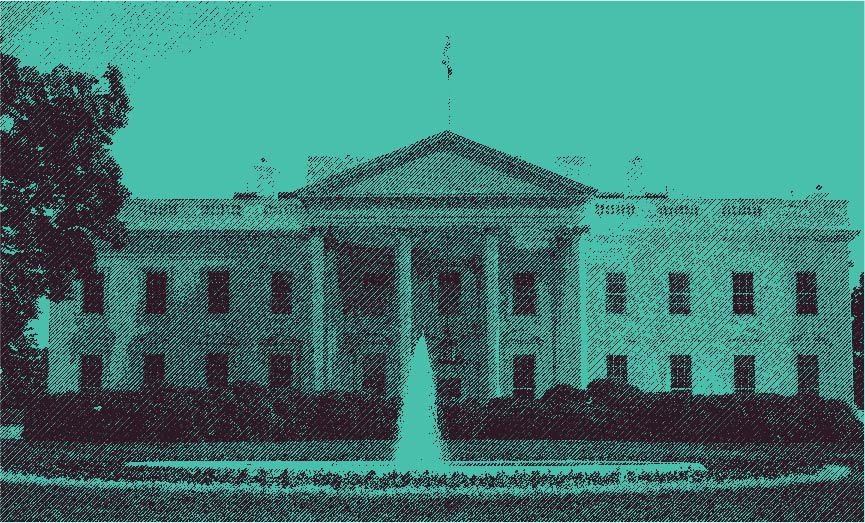Abortion rights, women of color, and LGBTQI+ people are under attack. Pledge to join us in fighting for gender justice.
Disrupt the Preschool-to-Prison-Pipeline with Equitable Practices

 Every year 50,000 preschoolers are suspended from public preschool programs. This does not consider all of the preschool students that are suspended from private programs. These children represent the very beginning of the school-to-prison-pipeline. African-Americans boys and girls face overrepresentation in suspension and expulsion in preschool. According to Department of Education, Black students comprise 18% of the total preschool population but 47% of the preschool students that are suspended. Black girls represent 20% the preschool population but 54% of the preschool girls that are suspended. Black boys are 19% of the male preschool population but 45% preschool males that are suspended. This is consequential because suspending a student during this important developmental period creates a negative relationship with school that is more likely to last throughout the child’s education. Children may no longer feel supported or understood in the classroom once they are suspended. Students that have been suspended can loss interest in class, receive lower grades due to missing instruction, and more behavioral problems. In the end students that have been suspended are also more likely to drop out of school which limits their job and career opportunities.
Every year 50,000 preschoolers are suspended from public preschool programs. This does not consider all of the preschool students that are suspended from private programs. These children represent the very beginning of the school-to-prison-pipeline. African-Americans boys and girls face overrepresentation in suspension and expulsion in preschool. According to Department of Education, Black students comprise 18% of the total preschool population but 47% of the preschool students that are suspended. Black girls represent 20% the preschool population but 54% of the preschool girls that are suspended. Black boys are 19% of the male preschool population but 45% preschool males that are suspended. This is consequential because suspending a student during this important developmental period creates a negative relationship with school that is more likely to last throughout the child’s education. Children may no longer feel supported or understood in the classroom once they are suspended. Students that have been suspended can loss interest in class, receive lower grades due to missing instruction, and more behavioral problems. In the end students that have been suspended are also more likely to drop out of school which limits their job and career opportunities.
Suspending three and four olds from preschool presents a serious challenge for parents who must find last-minute child care or risk losing their job. Mothers also can be forced to quit or to drop out of college when their children are suspended and they have no child care options.
Some may believe that using the term school-to-prison pipeline in regards to three and four-year-olds is an overstatement. However, this is the beginning of the over-representation that African-Americans will face in the criminal justice system. There are ways to halt this pipeline. Some states and cities such as Illinois, New Jersey, California, Washington DC, and New York City have passed laws to prevent preschoolers in a publically funded program from being suspended or expelled. This is a start to rectifying inequity in schools. Providing educators implicit bias training so they understand and negate some of the biases they enter classrooms with would be helpful. Schools should also move away from zero-tolerance policies and move toward restorative practices which are more proactive. Now is the time to disrupt these disciplinary practices that have been ineffective and reimagine what is possible for our youngest students.





